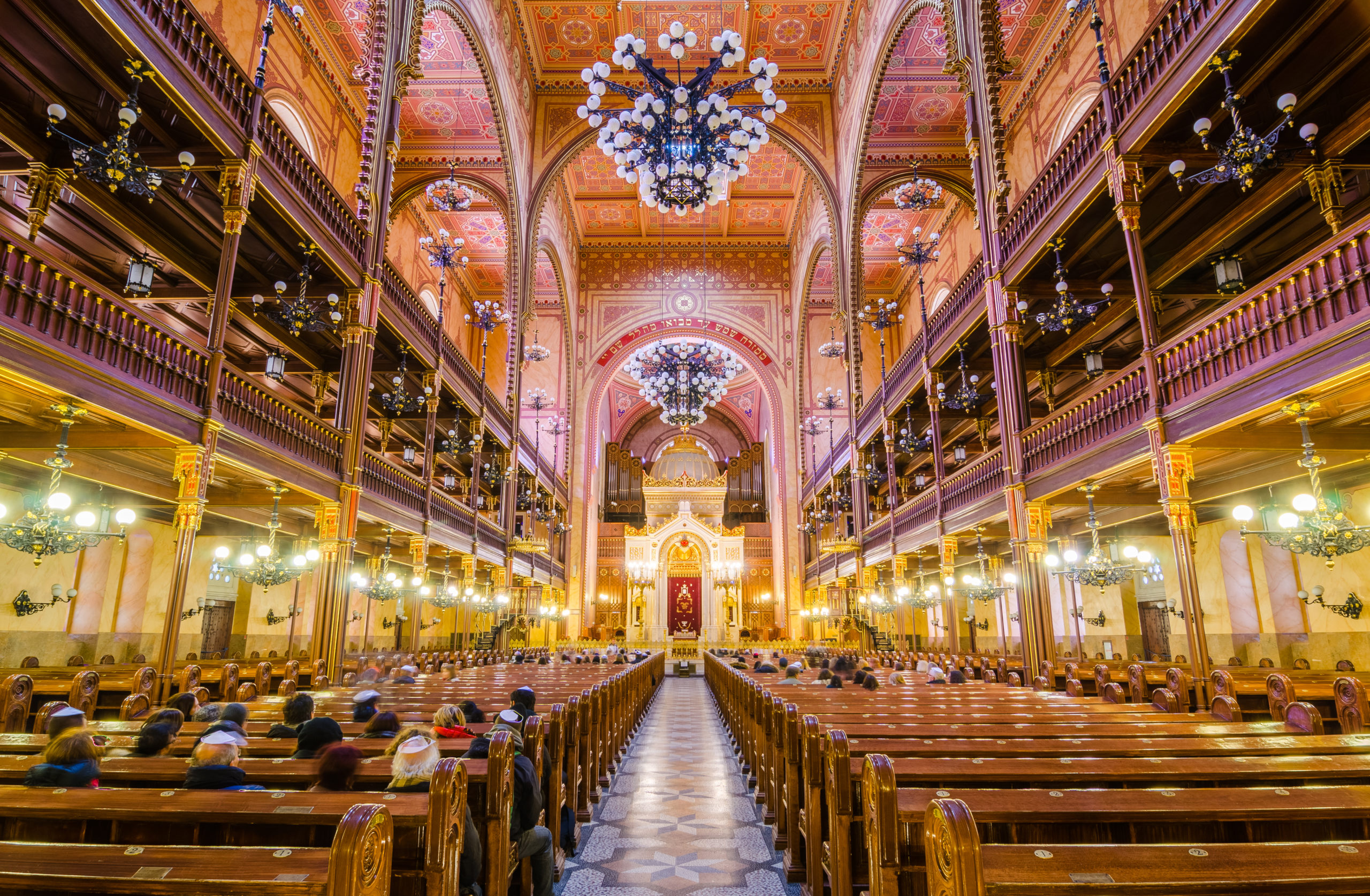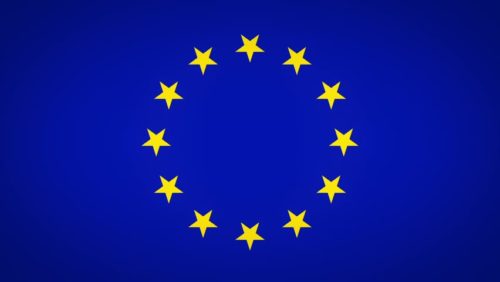International Auschwitz Committee (IAC)
Origin
The International Auschwitz Committee (Internationalen Auschwitz Komitee) is an association of Auschwitz survivors and their organizations. Organizations, foundations and Holocaust survivors from 19 countries are united in the International Auschwitz Committee. The office of the IAC is located in Berlin. The current President of the IAC is the Auschwitz survivor Marian Turski, Warsaw.
Initiatives
- Advocating for the recognition of the International Holocaust Remembrance Alliance’s (IHRA) working definition of antisemitism, which has been adopted by many governments and organizations around the world.
- Organizing events and educational programs to promote awareness about the history and impact of antisemitism, including exhibitions, lectures, and seminars.
- Exhibitions: The committee organizes exhibitions that explore different aspects of the Holocaust and the history of Auschwitz-Birkenau. These exhibitions often feature artifacts, photographs, and other historical materials, and are designed to provide visitors with a deeper understanding of the events and the people involved.
- Lectures and seminars: The committee also organizes lectures and seminars featuring leading scholars and experts in the field of Holocaust studies, as well as survivors and witnesses of the events. These events provide an opportunity for participants to learn about the history and impact of the Holocaust from different perspectives, and to engage in dialogue about the lessons that can be drawn from this history.
- Memorial events: The committee organizes memorial events to honor the victims of the Holocaust, and to promote the memory of those who suffered and died during this dark period of history. These events often feature speeches, readings, music, and other forms of commemoration, and are designed to promote reflection and remembrance.
- Workshops and training programs: The committee also organizes workshops and training programs for teachers, educators, and other professionals who work in the field of Holocaust education. These programs provide participants with the skills and knowledge needed to teach about the Holocaust and other forms of genocide in a responsible and effective manner.
- Online resources: In addition to their in-person programs and events, the committee also provides a variety of online resources, including educational materials, virtual exhibitions, and digital archives. These resources are designed to make information about the Holocaust and Auschwitz-Birkenau more accessible to people around the world.
- Providing financial and emotional support to Holocaust survivors and their families, and advocating for their rights.
- Monitoring and reporting on incidents of antisemitism around the world, and working with governments and civil society organizations to combat it.
- Working with other organizations and communities to promote dialogue, tolerance, and understanding, and to build bridges across different cultures and religions.
- Supporting the preservation and maintenance of Auschwitz-Birkenau, and promoting the memory of the victims of the Holocaust.
- Advocating for the rights of minorities and marginalized groups, and working to promote human rights and dignity for all people.


 NOA is co-funded by the Rights, Equality and Citizenship Programme (2014-2020) of the European Union
NOA is co-funded by the Rights, Equality and Citizenship Programme (2014-2020) of the European Union